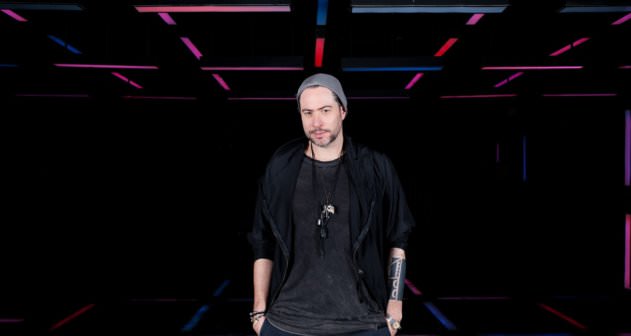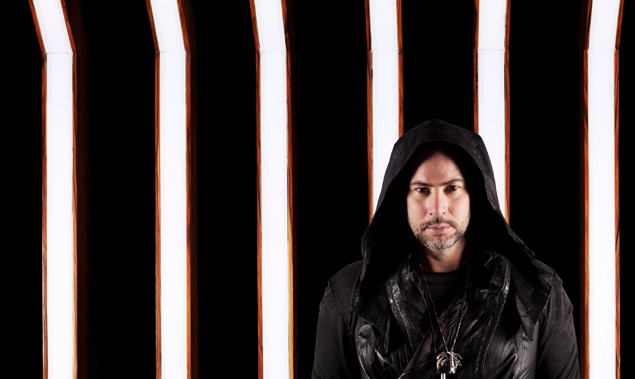As founder of São Paulo’s world-famous D-Edge club, Renato Ratier is one of the most influential figures in the Brazilian dance music scene. As he prepares to open a new D-Edge outpost in Rio and releases his first EP on the club’s label, we asked him to give us an insight into the Brazilian scene.

Attack: Can you begin by telling us a little about the Brazilian dance music scene?
Renato Ratier: Brazil is a country where music and dance are part of our culture and people. Electronic music is becoming more and more a part of our culture, especially within younger generations. There was always a lot of influence from USA and Europe, but we can also observe a very original identity in some specific scenes and clubs – for example in the South of Brazil where electronic music is really strong.
In São Paulo there is more diversity in electronic music – there are more tribes! – but in South the music is more homogenous in its expression, in music and also behaviour. In Rio there’s also a singular way, but with a big scene with an open-minded and informed audience.
Talking about Brazil as a whole is very difficult, because we have strong cultural differences between the regions. It’s not really a homogenous nation – it’s a very big country. So there’s still also plenty of space to be explored in music here, loads of references in each part. And that makes it really special because of its diversity.
Are the styles of dance music themselves also a regional thing?
São Paulo used to be more a techno city and Rio more house somehow, because of its natural qualities. São Paulo is more industrial; Rio has more curves, more nature. But I could say I’m responsible for bringing house to São Paulo, and also bringing some techno to Rio. South of Brazil was more into progressive house ten years ago.
Nowadays there’s a lot of diversity in music in all the regions, so there’s a very good vibe in most of the parties independently from the type of music. The important thing is that good electronic music is being spread all around the country.
São Paulo is a techno city and Rio more house. São Paulo is more industrial; Rio has more curves, more nature.
If we wanted to come and experience dance music in Brazil where should we go first? What are the main clubs we should know about?
In São Paulo of course you should go to D-Edge which is the main centre of urban club culture in Brazil. In Rio there are lots of very special parties and special locations, even in favelas. And in South of Brazil, you should go to the city of Itajai, to Warung which is a very special beach club with very good line-ups and fantastic vibes. It represents the club scene of South of Brazil very well.
You’re just about to open a new D-Edge in Rio. How different are the scene, the parties and the sound in Rio to São Paulo?
Rio is a city that I already have a long-term relationship with. In 1991 I moved to the city to study law at university. I didn’t finish the course, but I really formed a strong connection with the city. I have many friends there and also started to run some parties over there.
Rio is a very singular city, very different from São Paulo. Culturally and socially, the rhythm and mind there are different. But I really see a huge potential in the city. There are many great minds, different artistic niches and collectives. I also think that Rio is really the Brazilian picture-postcard city, and I want to bring more to this city than only its natural beauty. I also want it to become a reference in arts and culture.
The idea of opening a club there is to provide the audience a good quality venue, a cultural centre for tourists and also for local people. The club is in a central area in the city, near the docks and ports. This area is going to be revitalised and we’re one of the first to back it. It’s going to be mostly for cultural and artistic projects – that’s really what was missing in Rio.
In Rio there are lots of very special parties and special locations, even in favelas.
What defines the sound of Brazilian house and techno?
We have many different styles in Brazil. What’s really missing in our country are the connections between musicians and producers. I have a new project in São Paulo, a 24-hour restaurant with a music studio inside. I want to build this platform as a meeting point for musicians and producers. A venue for jam sessions with different kinds of musicians gathering with DJs and electronic music producers. From there we really want to experiment with different kinds of music. It’s an important step for the scene, to develop organically, not something artificial. So I hope with time we really get our own sound with this experiment.
